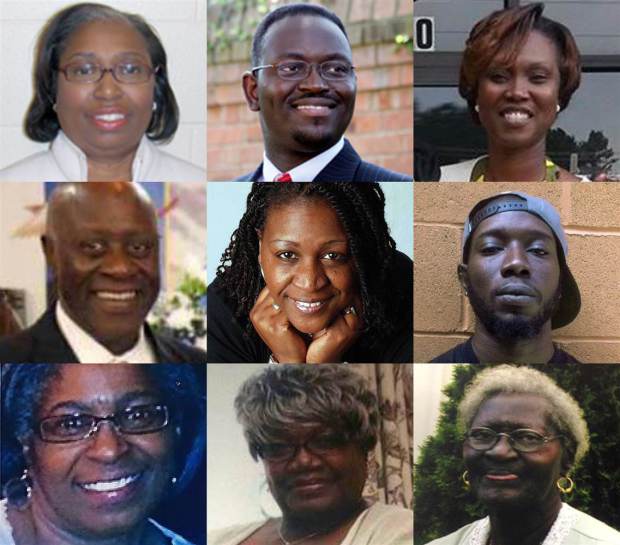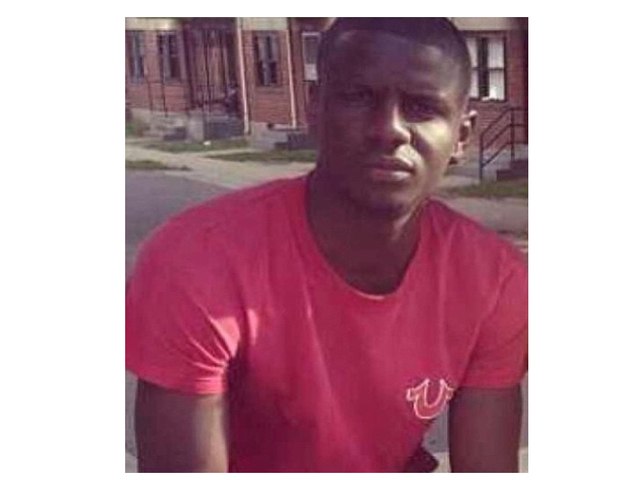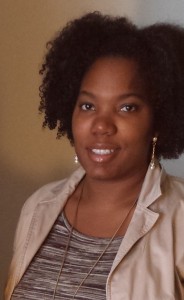So I rolled over in my bed and decided to pick up my phone and look at FB for a second or two before going back to bed…Awww, yes the perils of sleeping with your phone next to you on the night stand…Mane, I happened upon rapper Future’s Huffington Post interview that was done by Marcus Lamont Hill and posted yesterday or hours ago since I’m posting in the middle of the night…Hill asked Future, Ciara’s ex-fiancé, about Russell’s Wilson announcement that he and Ciara are choosing to be celibate in their relationship until when or if they get married and if he waited with Ciara too…Below is the exchange from the article “Future: Ciara And I Didn’t Wait To Have Sex, But We Prayed After.”
When host Marc Lamont Hill told Future about Ciara and Russell Wilson’s decision to abstain, Future said that while God never told him to wait for sex, Ciara did say she wanted to pray when the deed was done.
“God told me something else. He ain’t tell me to wait. I guarantee you that,” Future said. “We prayed afterwards though. After we did it, we prayed. That’s a true story.”
And here is the video clip of the entire exchange about this question:
Folk, I’m sleepy, but I had to do it…I had to blog about this because it brought back so many hurtful memories of dating men who weren’t bad dudes but just didn’t share the same amount of devotion I have to my faith…I tried “missionary dating” which is when you date someone and try to get them to commit to Jesus Christ through your relationship…It never worked for me although I tried several times…From what Russell Wilson has said of Ciara and what Future has said of Ciara, her faith in God is important to her…Based on what Russell Wilson said of his current relationship with Ciara, he gets that, but Future still seems puzzled about Ciara’s faith…Obviously, Ciara didn’t chose to be celibate in her relationship with Future, and it’s not up to me to judge her for her choice. But, if what Future said is true, her heart is pointed toward God…
I love a lot of things about my husband, but one of the things I love the most about him is his commitment to his faith…On Sunday morning, he beats me going to church…And he is more involved in church activities than I am…It is such a relief…I’m exhaling to borrow a phrase from Terry McMillan….
And I’m not the only one who has had this experience…Tamera Mowry, who is married to Adam Housley, shared about “missionary dating” in an interview with EBONY magazine…
I tried the ‘missionary dating’ [in the past] where you have a person with a great heart who you think is perfect and wonderful except for this one important area that you try to change. That’s unfair to that person. That person needs to be who they are 100%. And it’s unfair to you. You don’t want to drag somebody to church with you. My husband wakes up on Sundays and says ‘Hey, are we going to church today?’ It just makes [waiting] all worthwhile. I dated guys who did not share those same beliefs and it was hard. There were many nights of heartbreak and crying, and that’s not what God wants for us.
To read the rest of the article, go to [INTERVIEW] Tia and Tamera on Marriage and Motherhood.
Here is what the Bible has to say:
Do not be unequally yoked with unbelievers [do not make mismatched alliances with them or come under a different yoke with them, inconsistent with your faith]. For what partnership have right living and right standing with God with iniquity and lawlessness? Or how can light have fellowship with darkness? 2 Corinthians 6:14
In another part of Future’s Huffington Post interview, Future says that he was the one who broke off their engagement…I got thoughts on that too, but I will keep them to myself for now…Suffice it to say, you have to be equally yoked so it was good that their engagement ended although I know it must have been very hurtful…
Alright, I can go back to sleep now…
Nite…
Any thoughts?




